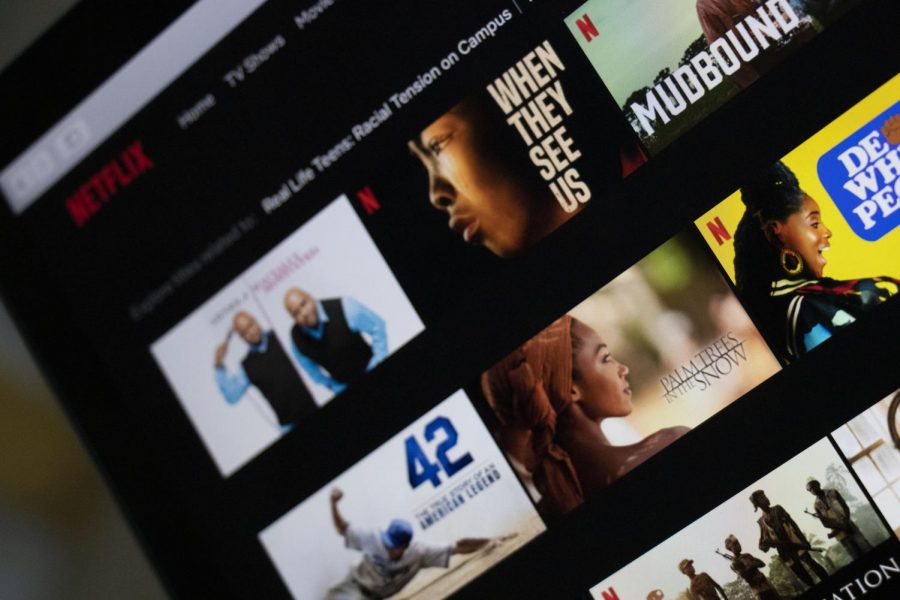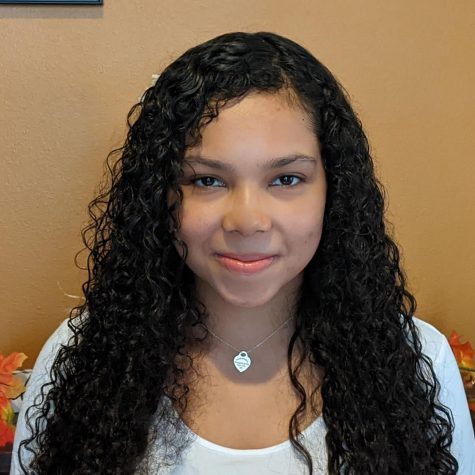Media Representation: A Diverse Issue
October 2, 2019
As both Hollywood and the world around it progresses, it is important in today’s society that people of all backgrounds, cultures, religions, ethnicity, and race have the opportunity to see themselves in the media that they consume. In the past, the media only catered to people with similar attributes and those who did not fit that image were often neglected. Fortunately, progress is evident in recent blockbuster movies. “Crazy Rich Asians” featured an all-Asian cast and “Black Panther” was a movie based in Africa with a primarily black cast of varying skin tones. After the announcement of the live-action “Little Mermaid” featuring a black female as Ariel, many argue whether or not Hollywood is trying to push an agenda to gain money and if their casting decisions are authentic. Being able to see yourself in mainstream media is a privilege that many may not have, even today. As such, Hollywood is not where it should be when it comes to diverse representation as many still feel as though they are inaccurately depicted or not at all.
There are varying opinions on whether or not underrepresentation in the media is even an issue in the first place. Junior Malisa Nguyen believes that “all people of color still struggle” with representation in some aspects. However, senior Kade Na thinks that underrepresentation is “not a problem” anymore. Other students argue that people of color are still being handed stereotypical roles. Freshman Doetri Ghosh spoke of her disappointment towards finally seeing an Indian female actor on the Disney movie “Lemonade Mouth,” only to realize that her role is a product of stereotypes that reinforced the idea that “Indians are super focused on studies.” Furthermore, some were of the opinion that said stereotypes carry over into the real world and start to affect their lives socially. Nguyen recounts, “The stereotypes I see in the media influence the way I act. I feel like I have to conform to it because I think people in the real world expect that of me. ” A lack of exposure to different cultures and ethnicities causes many to be ignorant of those around them. Senior Marvin Jim Sabas says that people always ask him what race he is or just assume something that is incorrect and that more representation of people like him would be helpful in combating this. This explains why diversity is especially important for the youth. If people see themselves on the big screen at a young age, they have greater confidence not to limit themselves to racial clichés.
It is important to note that representation is not limited to race. Movies and shows that showcase people from diverse backgrounds are necessary as well. Sophomore Jade Redmond describes how she wishes she saw prominent black people in less stereotypical situations, and that it is disappointing to not see a “‘Legally Blond’ type of movie with a black cast.” Ghosh expands on this idea as well by noting that she can not “relate to Bollywood movies as an American” and that she feels like she has to specifically search for media that represents her. Hollywood cannot base its diversity only on race because that results in neglect of subtle cultural aspects that make individuals around the world different.
Even though diverse representation is certainly making progress in mainstream media, many students agreed that improvements can still be made. Sophomore Ajay Santiago says, “It’s always been an issue and can certainly be improved.” Actors of various ethnicities playing in movies with diverse stories could allow for authentic representation that can make it possible for every individual to feel seen and heard without stereotypical limitations.




